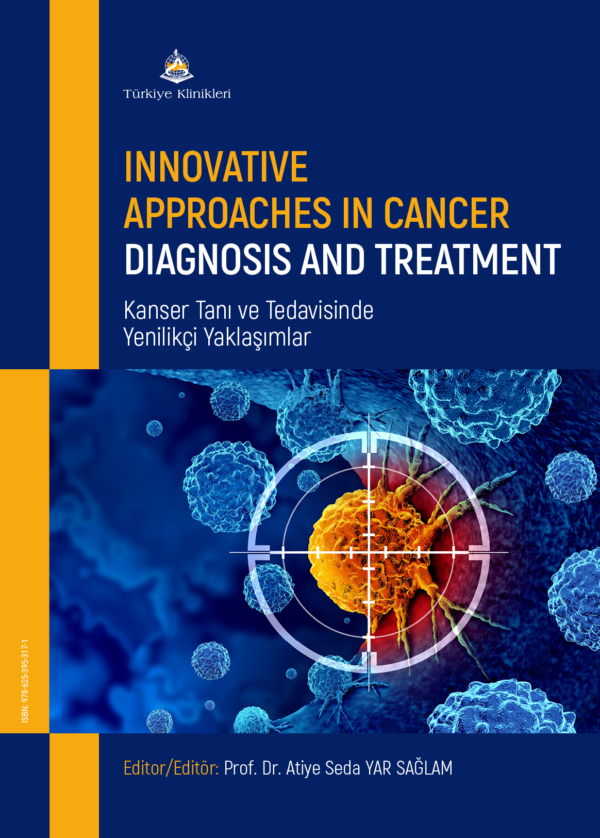Cancer is a global health challenge, responsible for a substantial portion of deaths worldwide. According to the World Health Organization (WHO), cancer is the second leading cause of death, accounting for an estimated one in six deaths. The impact of cancer is profound, affecting individuals, families, and communities around the world. Improving prevention, early detection, and treatment are critical in addressing this complex issue.
Conventional treatments like surgery, chemotherapy, and radiotherapy have been the mainstays of cancer therapy for many years. These treatments can be used alone or in various combinations, depending on various factors, including the type of cancer, its location, stage, and the patient’s overall health. Improving cancer therapy involves addressing various issues, including early detection, access to treatment, developing more effective and targeted therapies, and managing treatment side effects. Researchers are continually working to develop new targeted therapies that can improve outcomes and reduce the side effects associated with traditional treatments like chemotherapy and radiotherapy. These advances highlight the ongoing efforts to develop more effective and less toxic treatments for cancer, with the ultimate goal of improving patient outcomes and quality of life. For this purpose, recent advances in cancer research have led to the development of new and innovative treatment approaches, such as targeted therapy, immunotherapy, anti-angiogenic therapy, stem cell therapy, phototherapy, nanotherapy, ablation therapy, hormone therapy, and personalized medicine. Besides, radionics, chemodynamic therapy, sonodynamic therapy, and ferroptosis-based therapy are all emerging treatment approaches that show promise in fighting cancer. Clinical trials play a crucial role in evaluating the effectiveness and safety of these novel treatments, and they represent a significant portion of ongoing medical research efforts globally. Natural antioxidants protect healthy cells from damage during cancer treatment and offer a complementary approach to combatting cancer’s oxidative stress.
For all these reasons, this book aims to analyze the most innovative advances in basic and applied cancer research. This will include exploring new approaches and technologies in cancer treatment, such as nanotechnology, immunotherapy, gene therapy, and cellular therapies. We will also discuss how recent findings in cancer research can be translated into clinical applications and the future directions of cancer therapy. Our goal is to provide readers with a comprehensive overview of the latest developments in cancer research.
Prof. Dr. Atiye Seda YAR SAĞLAM
Editor
Gazi University Faculty of Medicine, Department of Medical Biology, Ankara, Türkiye
Bölümler
Innovative Approaches of Cancer Therapy
Yavuz DODURGA, Mücahit SEÇME
Proteolysis-Targeting Chimeras and Cancer Therapy
Akın YILMAZ
The Importance of Mitochondrial DNA in Cancer
Sezen GÜNTEKİN ERGÜN
Cancer Cell Migration Targeted Therapies
Burcu ULAŞ KAHYA, Atiye Seda YAR SAĞLAM
Current Approaches in Cancer Chemotherapy
Fatma İŞLİ, Gökçe Sevim ÖZTÜRK FİNCAN
Current Approaches in the Treatment of Pancreatic Cancer
Kürşat DİKMEN, Muhammed Tarık YILMAZ
The Impact of Cancer-Derived Exosomes on the Epigenetic Regulation of Recipient Cells
Nuray VAROL
CRISPR/Cas9 Therapy in Cancer Treatment
Ece ÇAKIROĞLU, Şerif ŞENTÜRK
PD-L1 Based Interventions in Cancer Treatment
Özlem AYDIN İSAK, Umut DEMİRCİ
CAR-T Cell Therapy in Cancer: Current Pros and Cons
Cihan TAŞTAN, Gamze GÜLDEN, Berranur SERT
Diagnostic and Therapeutic Role of Micrornas in Cancer
Şengül TURAL, Esra TEKCAN
Recent Developments in Photothermal Therapy-Based Cancer Treatment
Duygu Deniz USTA, Atiye Seda YAR SAĞLAM
Photodynamic Therapy for Cancer
Gürcan GÜNAYDIN
Recent Developments in Smart Nanocarriers in Cancer Treatment
Büşra ÇETİN ERSEN, Esma SARI, Gökcen BİRLİK DEMİREL



